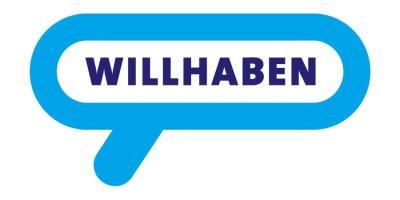Valid conclusion of a purchase on the internet - the button solution
Button must be correctly labelled
mandatory:
In order to make it unambiguously clear that you are about to enter into a contract and are thus obligated to pay, the button must be labelled with corresponding words such as "buy", "order with costs" or "conclude contract subject to payment".
inadmissible:
Words such as "registration", "start", "continue", "package delivery", "participate now" or "order" are not sufficient! They are ambiguous with regard to an obligation to pay. It is not clear here whether you really have to pay something by clicking afterwards.


Greater protection through transparency
By clicking on the button, it must be immediately clear in the ordering process that one is about to conclude a transaction and clearly agrees to the obligation to pay costs. This applies to everything sold via websites. The provision also applies to the purchase of package holidays and also to social services and health services if there is a button on such websites to accept the service offered. The only exception are those contracts that are only concluded via email or other individual electronic means of communication (§ 8 para 4 FAGG).

The European Court of Justice dealt with precisely this question on the labelling of buttons. The issue was whether a button on a German-language hotel page of the platform of the travel company Booking.com met the requirements. A website visitor first completed his room selection there with the words "I reserve" with the first button, in the next step he reached the entry of his customer and travel data with the button "Complete booking". After the guest did not show up with his travel company, the hotel charged him more than €2000 in cancellation costs and he sued them. The question to the ECJ was now whether the labels in the Booking.com order procedure were as unambiguous as the words "order subject to payment". In the judgment (Case C-249/21 Fuhrmann-2), the ECJ ruled in favour of the hotel guest that the words "complete booking" in the German language are not clear enough to express an immanent obligation to pay.

No "opt-out" allowed
A chargeable additional option may not be preselected in the ordering process, which customers would have to actively deactivate in order to prevent this additional and chargeable service. (So-called "opt-out" as described in §6c KschG) This would be, for example, a tick in a checkbox which would have to be removed in order not to have to pay for faster delivery or insurance.
Links
Article on Verbraucherrecht.at on the ECJ ruling on the button solution
https://verbraucherrecht.at/information-ueber-zahlungsverpflichtung-bei-internetbestellung/64912











